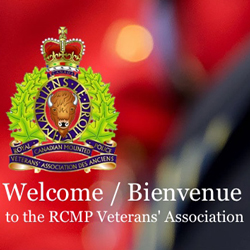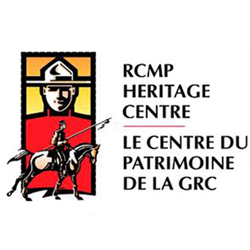| By Jim Bronskill The Canadian Press
Sun., May 24, 2020
OTTAWA—The RCMP’s costly contract policing obligations across Canada are draining resources from the force’s federal duties in areas such as organized crime and national security, an internal government memo warns.The demand for contract officers in the provinces and territories where they provide regular local policing services outstrips the RCMP’s capacity to recruit and train them, causing shortages that have led to officer health and wellness concerns, says the Public Safety Canada document.
In turn, there is “growing dissatisfaction” in contract jurisdictions about costs and officer vacancies, and the resulting effect on community safety, the starkly-worded memo says. “Public Safety Canada and the RCMP have confirmed there are systemic sustainability challenges impacting the whole of the RCMP.”
The coming unionization of rank-and-file Mounties will only intensify these pressures, the memo says.
The heavily-censored memo, newly released under the Access to Information Act, was included in a collection of briefing materials prepared for the incoming cabinet following the fall election.
Over 60 per cent of RCMP’s multibillion-dollar budget and over 70 per cent of the force’s officers are assigned to contract policing in 153 municipalities, the three territories, and all provinces but Ontario and Quebec, the memo notes.
This makes the RCMP the police of jurisdiction for over one-fifth of Canada’s population in a geographic area accounting for three-quarters of the country.
Under 20-year agreements signed in 2012, provinces, territories and municipalities pay anywhere from 70 to 90 per cent of the cost of the RCMP’s services.
The federal share is approaching $750 million annually, up from $618 million in 2012-13.
Policing is part of the provincial responsibility for the administration of justice and the federal government has been aiming since the 1960s to “decrease its contract policing financial liability,” the memo says.
At the same time, the national force’s federal policing responsibilities include serious and organized crime, financial crime, terrorism, espionage, cybercrime, protective security for officials, criminal intelligence and other areas.
“Federal policing responsibilities have been and are being eroded to meet contract demands,” the memo says. Since 2010, the number of contract RCMP officers increased 17 per cent while federal officers decreased 30 per cent.
Meantime, Surrey, B.C. — the largest RCMP contract municipality, in suburban Vancouver — is pursuing creation of its own police force and, the memo says, “others are also considering alternatives.”
The challenges come as the national police force tries to modernize, including unionization of front-line officers, following a series of revelations about internal bullying and harassment.
The National Police Federation is the certified bargaining agent for more than 20,000 RCMP members and reservists, and officer salaries are expected to increase under a negotiated agreement.
A second Public Safety memo, on RCMP governance and transformation, says a recent review of the force’s budget looked at gaps in programs and needed technical improvements.
“Some of the pressures identified have been addressed, while others remain,” it says.
“The pending unionization of officers — which will magnify fiscal and human-resource pressures — heightens the need to modernize the RCMP.”
Public Safety is working with the RCMP and the Treasury Board Secretariat to develop a bargaining strategy that goes beyond human-resource issues to consider bringing the force into the future, controlling costs and the overall impact on contract jurisdictions, the memo says.
The RCMP says a $508-million injection in the last federal budget has helped stabilize the force’s funding over the medium term. Obtaining additional monies will mean showing that existing resources are being used effectively, the force adds.
However, the RCMP referred questions about the contract policing challenges to Public Safety.
Mary-Liz Power, a spokesperson for Public Safety Minister Bill Blair, declined to provide details of behind-the-scenes discussions.
The government is working with the RCMP and provincial and territorial partners “to address issues of mutual interest” such as front-line policing priorities and modernization, she said. |


 May 29, 2020
May 29, 2020 








